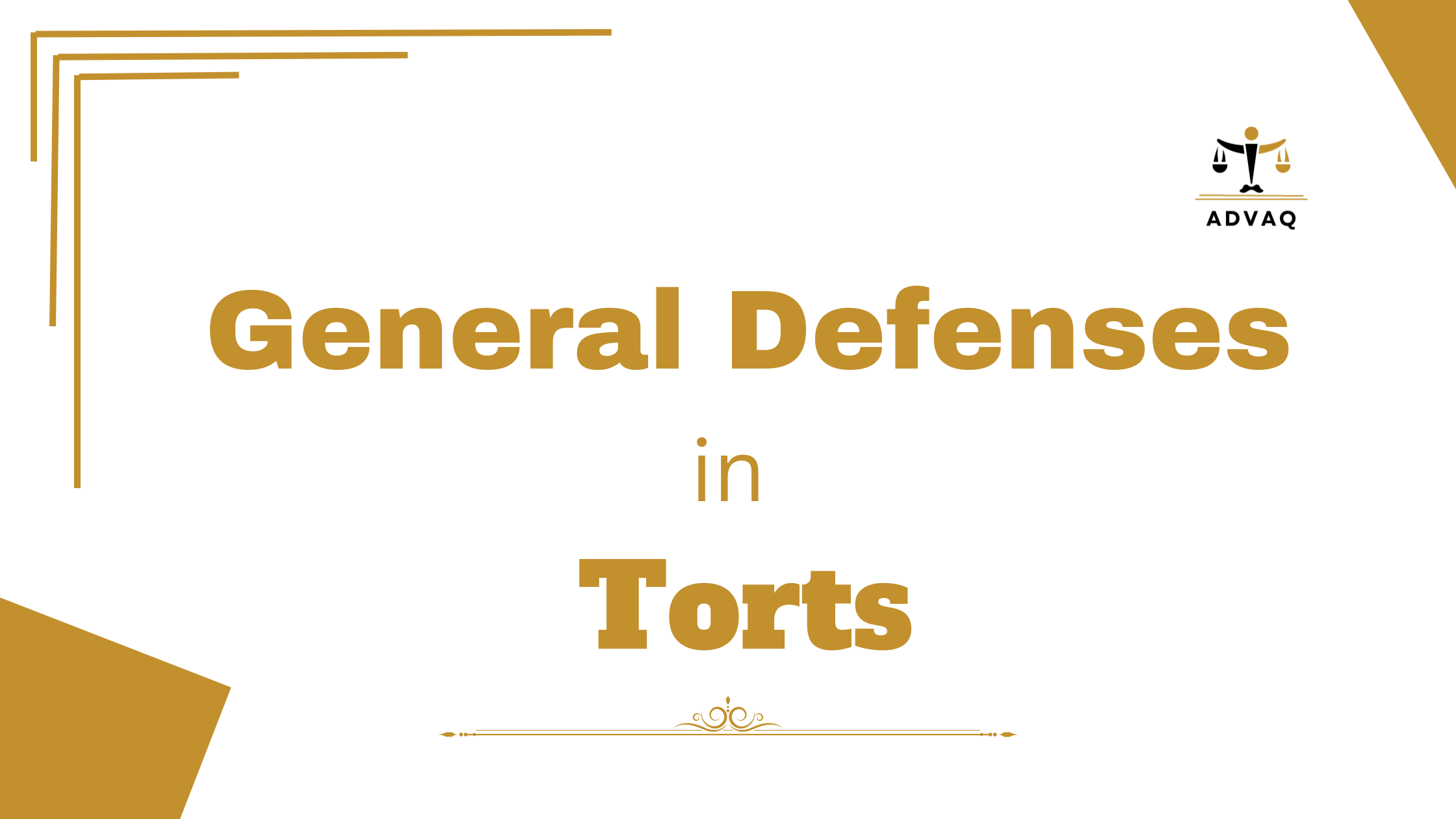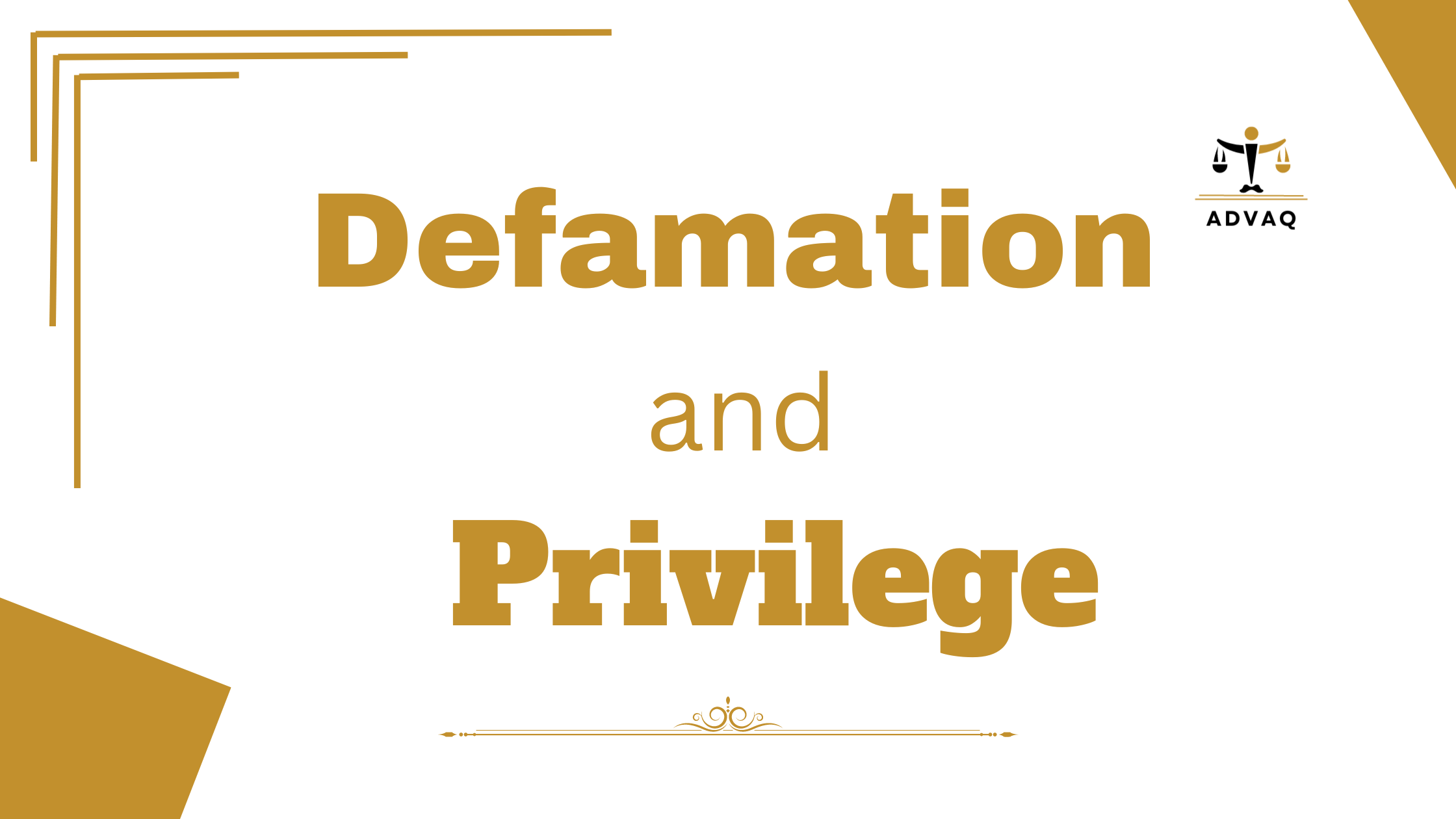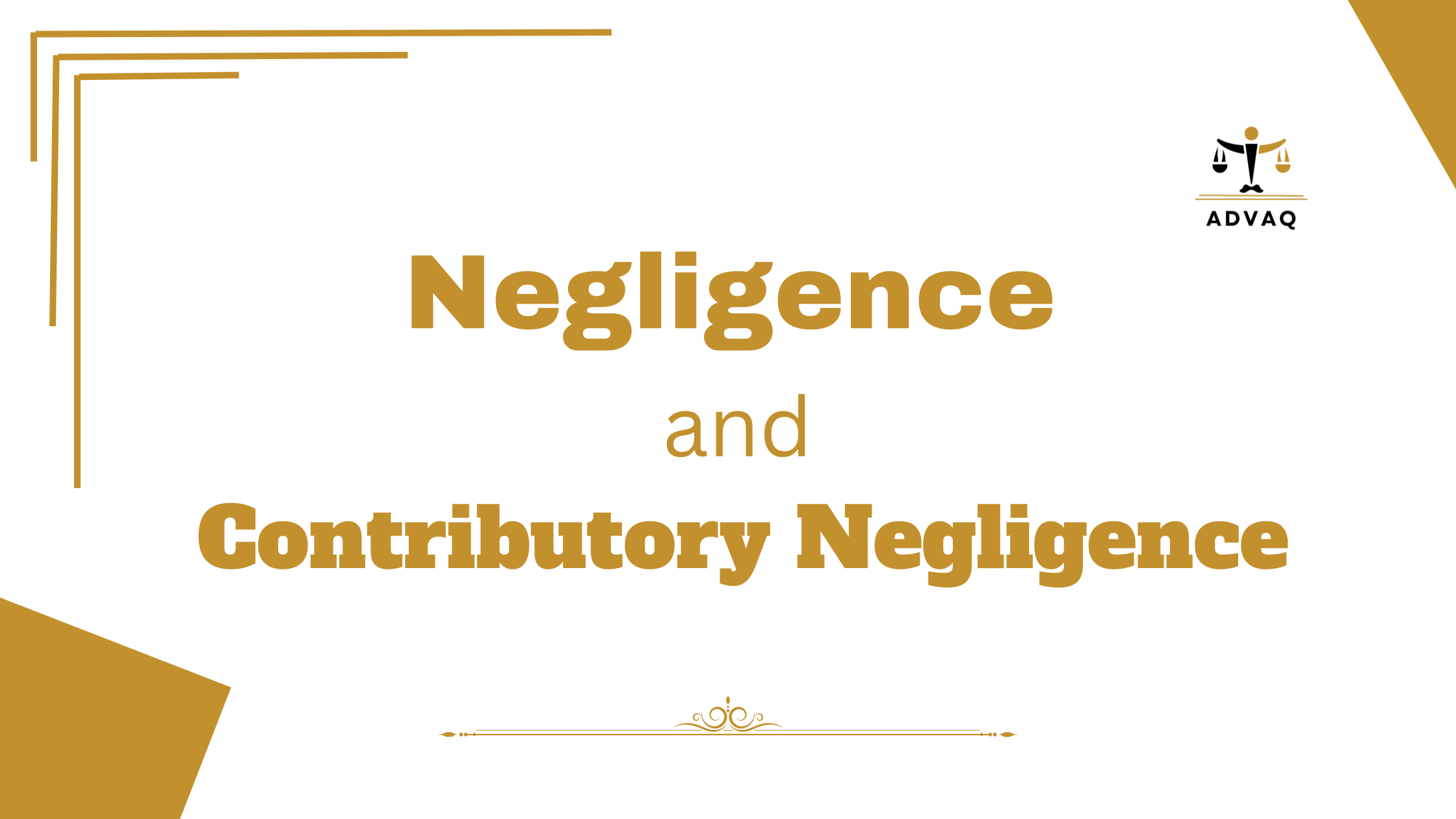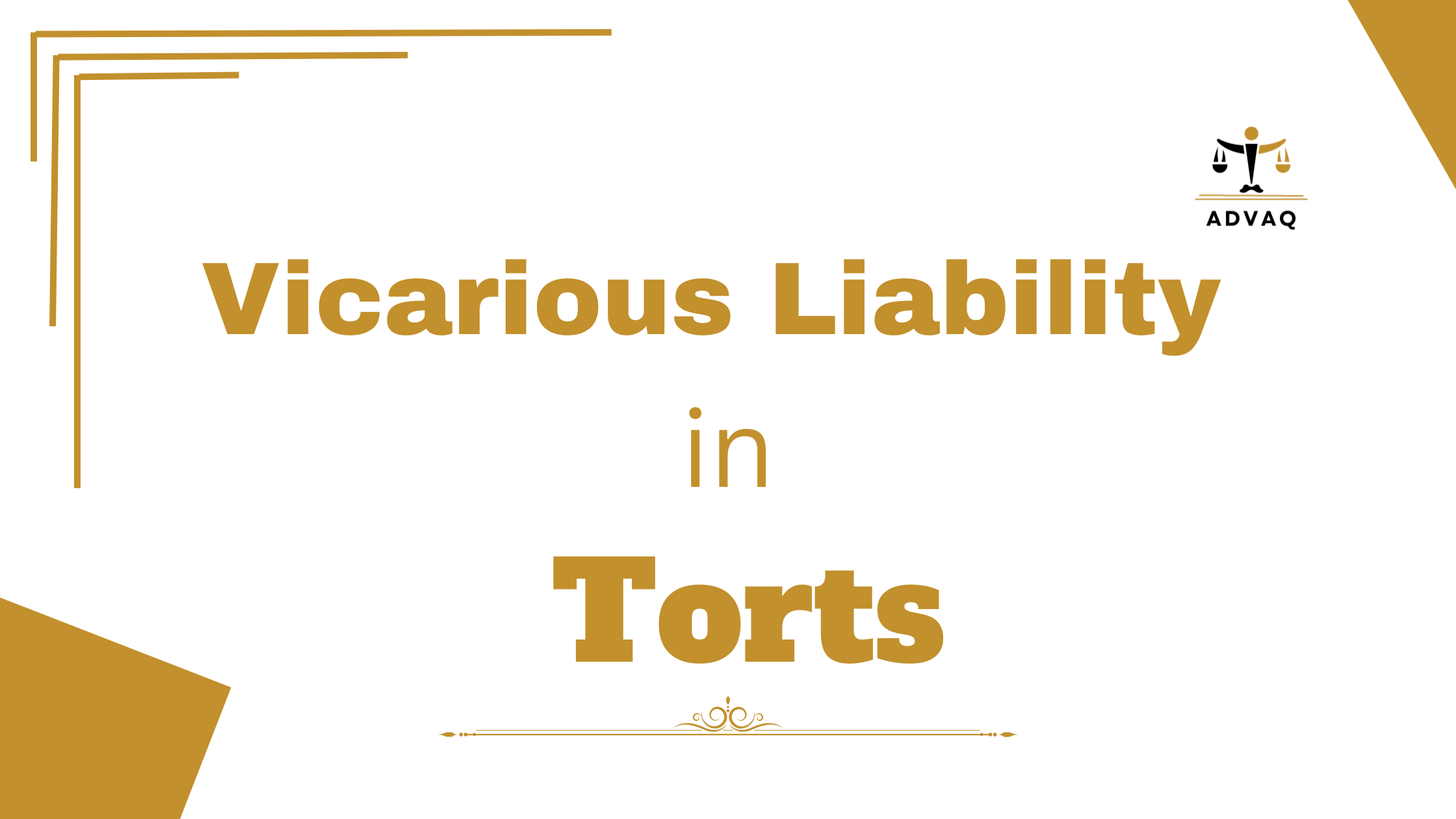Free Consent | The Contract Act 1872
Preface Free consent means a voluntary agreement by a person. That person must possess and exercise sufficient mental capacity to make an intelligent choice to do something proposed by another person. Relevant Provisions Sections 14, 19, and 20 of the Contract Act, of 1872 deal with free consent. Definition of the term “Consent” … Read more








